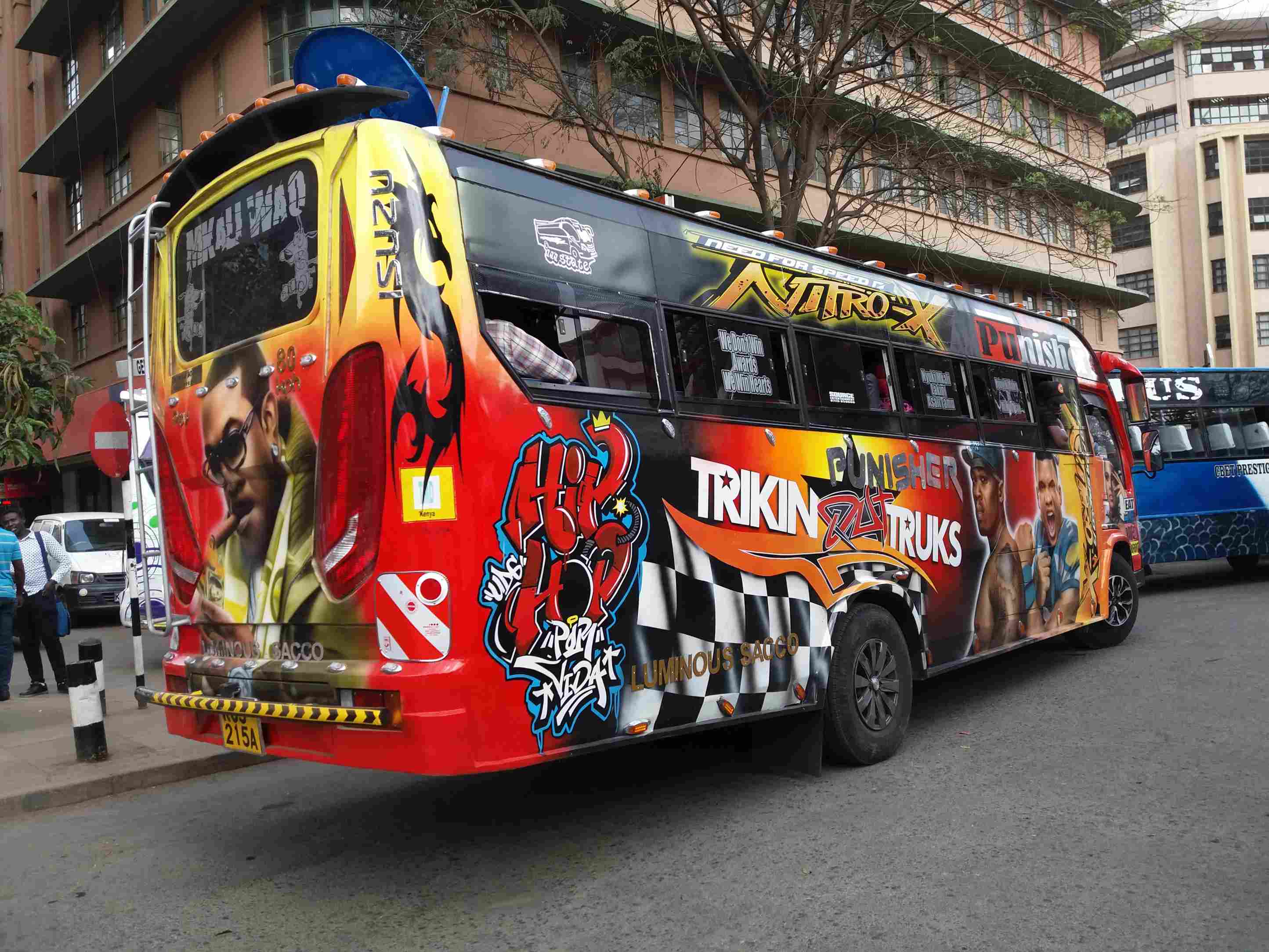Nairobi Matatu owners react as City Hall considers new regulations

Key proposals under consideration include mandating cashless payments and requiring passengers to queue at designated matatu stages.
Transport stakeholders and commuters have voiced varied opinions regarding Nairobi County’s plan to introduce new regulations aimed at bringing order and discipline to the matatu industry.
Key proposals under consideration include mandating cashless payments, requiring passengers to queue at designated matatu stages, and granting county officials the authority to regulate fare prices within the city.
The draft regulation states that when six or more people are waiting at a public transport stop, they must form a queue, and no one is allowed to cut ahead of others already in line.
Once enacted, the law will give matatu operators a one-year timeframe to transition from cash to cashless fare payments.
However, some players in the transport sector view the proposed rules as overly harsh, particularly the clause mandating the mode of payment. They argue that the regulations should undergo public consultation before being finalized.
Wilfred Bosire, Secretary General of the Mass Mobility Operators Association, expressed concerns over the new rules, highlighting the challenges of picking passengers outside main stages.
He noted, "The county CEC has powers to fine operators for repeated offenses or even suspend licenses, which makes the regulations feel punitive."
Bosire added, "This document seems to have an ill-intended purpose. When a similar cashless system was introduced in 2014, many operators lost millions. It feels like some people are more interested in making money than genuinely supporting the transport business."
Bosire said already some matatus companies are already using their systems, thus making those sounds questionable.
Wilson Kimathi, stage operator of Embassava Sacco at the city centre, observes that forcing the passengers to line up will help tame pickpockets
Kimathi highlighted the difficulties faced during evening hours, saying, "It’s often challenging to get passengers to queue because some resist and take advantage of the situation to steal."
He acknowledged that while a cashless payment system is a positive idea, "most people coming into the city are new and may not fully grasp how difficult it will be to implement."
The proposal also includes designating official public service terminals across the city, which will be officially gazetted, requiring operators to pick up and drop off passengers only at these specified locations.
Failure to comply with the regulations will result in fines ranging from Sh50,000 to Sh100,000, and operators risk having their licenses revoked.
The rules also strictly prohibit touting, mandating that every passenger must queue and wait their turn to board a matatu.
Matatus will be prohibited from picking up or dropping off passengers at petrol stations, and they will not be allowed to remain at any terminal for more than 40 minutes.
